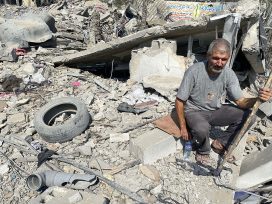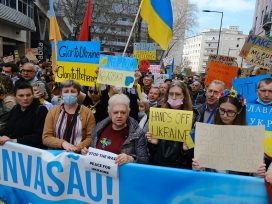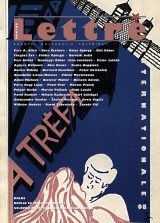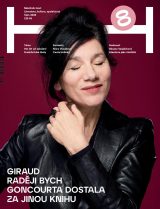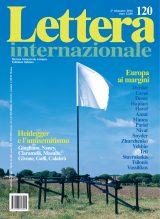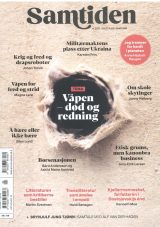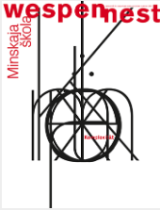Göran Rosenberg
Swedish journalist and writer. He is the author of A Brief Stop on the Road from Auschwitz and, most recently, The Unrequited Love of Rabbi Marcus Ehrenpreis, which is due out in English translation in 2024.
Articles
The Israeli Right nurtures the image of the nation as a bastion under eternal siege, but fails to see that Israel is laying siege to the Palestinians. Attending a family funeral, Göran Rosenberg observes how Israelis’ fears are exploited so that one version of Israel is furthered at the expense of another. The window of opportunity opened by the Oslo agreement has been closed for good, he fears.
The formal laws constituting freedom of expression in democratic societies are only the tip of the iceberg of unwritten agreements between citizens about what they can express publicly in one context or another, says Göran Rosenberg. These agreements differ from society to society: in the case of Denmark, the agreement to allow expressions of anti-Muslim prejudice has served to produce conflict instead of dealing with it. With communications technology enabling the proliferation of parallel public spheres, the need for common agreements on freedom of expression are all the more necessary if conflicts such as the latest controversy over the Mohammed cartoons are not to intensify.
The War of Words
On Being Able to Describe the Conceivable and the Possible
The decision to define the events of September 11 as an act of war calling for a response in kind had far-reaching implications for the way in which the mass media portrayed the developments that followed. Events and deeds that journalists should have reserved the right to articulate themselves were put into their mouths pre-articulated.
The democracies of today can remain democracies only if they are able to negotiate pluralism and communality, conflict and justice, rationality and identity. What must we do to meet this challenge, asks Göran Rosenberg and presents a possible answer: federation. But where are the political thinkers and leaders who could formulate and win popular support for a power-sharing treaty in Europe?
